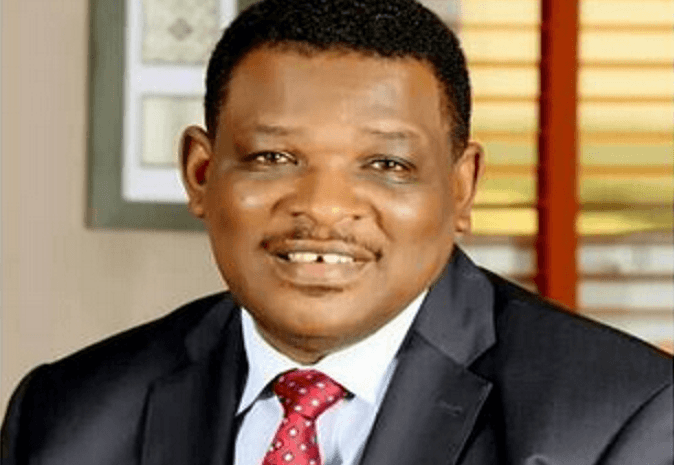Minister reiterates FG’s move to lift 100m out of poverty

The Minister of State for Power, Mr Goddy Jedy-Agba, reiterated the Federal Government’s determination to lift 100 million Nigerians out of poverty by 2030 through its Energy Transition Plan (ETP).
Jedy-Agba disclosed this during 2022 Nigeria Energy Forum Day 2, Virtual Edition, held on Monday following the Day 1 physical event earlier in Lagos.
The News Agency of Nigeria (NAN) reports that President Muhammadu Buhari had unveiled the government’s plans to lift 100 million Nigerians out of poverty by 2030.
Ms. Kachollum Daju, the Permanent Secretary, Ministry of Labour and Employment, said this when she addressed newsmen on Sunday in Abuja.
According to the minister, ETP will lift no fewer than 100 Nigerians out of poverty and drive the economic growth of the country.
“It will also bring modern energy services to the full population and manage the expected long-term job loss in the oil sector due to global decarbonization.
“The plan focuses on the rapid build-out of sustainable energy systems to tackle energy poverty in the nation,” the minister said.
He said in designing the plan, key targets from relevant policies and initiatives such as the 2020 Economic Sustainability Plan, the Nigeria Electrification Project, the National Decarbonization Programme and the Presidential Power Initiative.
“The ETP is geared towards low-carbon development of Energy systems across 5 key sectors; Power, Industry, Cooking, Transport, and Oil and Gas.”
Jedy-Agba said the plan had been approved by the Federal Executive Council and adopted as National Policy.
“An Energy Transition Implementation Working Group (ETWG) has been established to drive the implementation of the ETP along with key International Partners.
“The ETWG is chaired by Vice President Yemi Osinbajo and comprises of several key ministers including the Ministers for Environment, Finance, Works and Housing, Petroleum Resources, Foreign Affairs and Power.
“The Working Group and its secretariat, the Energy Transition Office, have been engaging with in-country stakeholders, development partners, financiers and the international community for the delivery of the plan,” he said.
He said the ETP analysis shows that delivering Nigeria’s net-zero target requires 1.9 trillion dollars in spending up to 2060, including 410 billion dollars above business-as-usual spending.